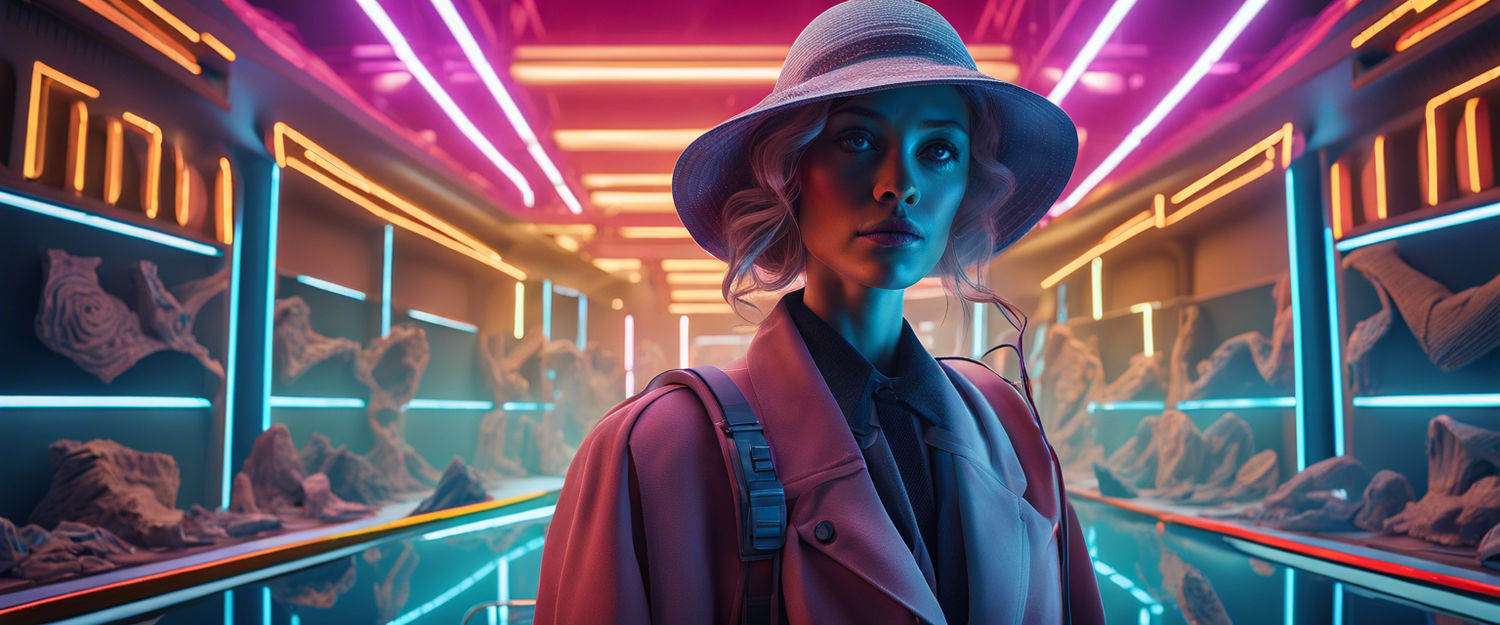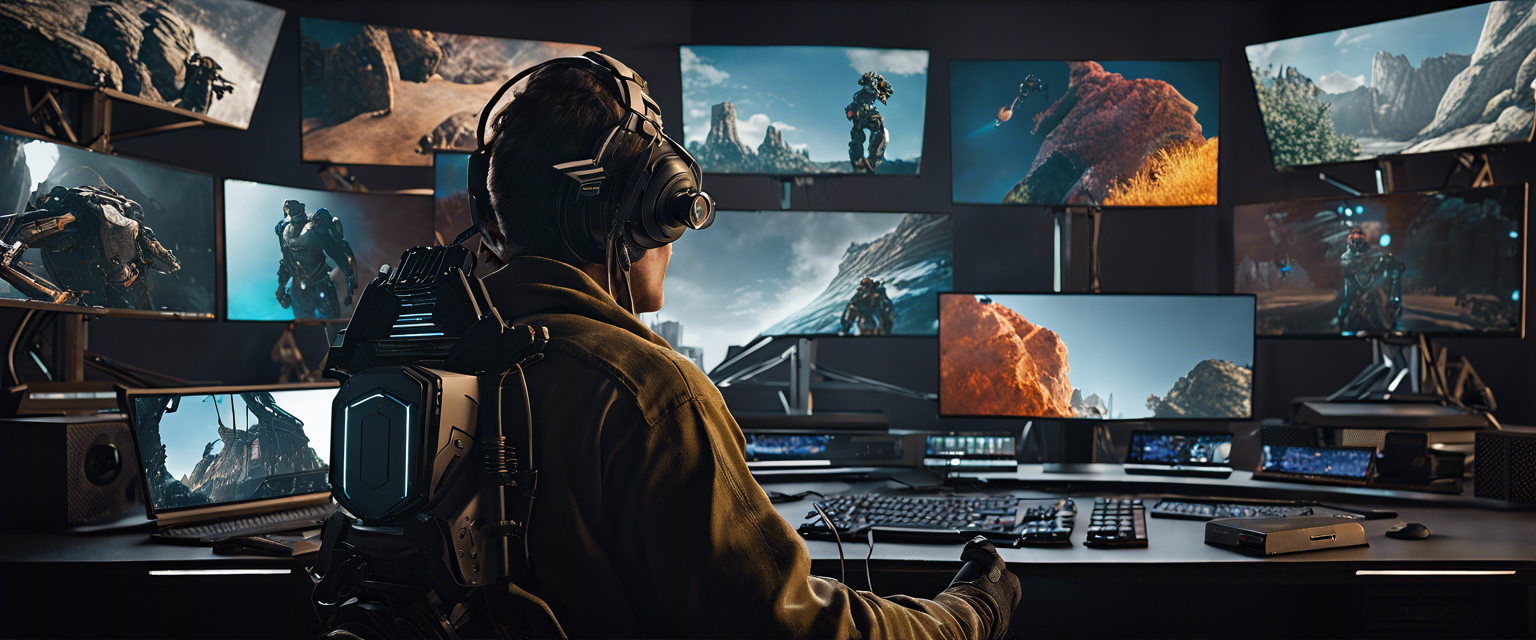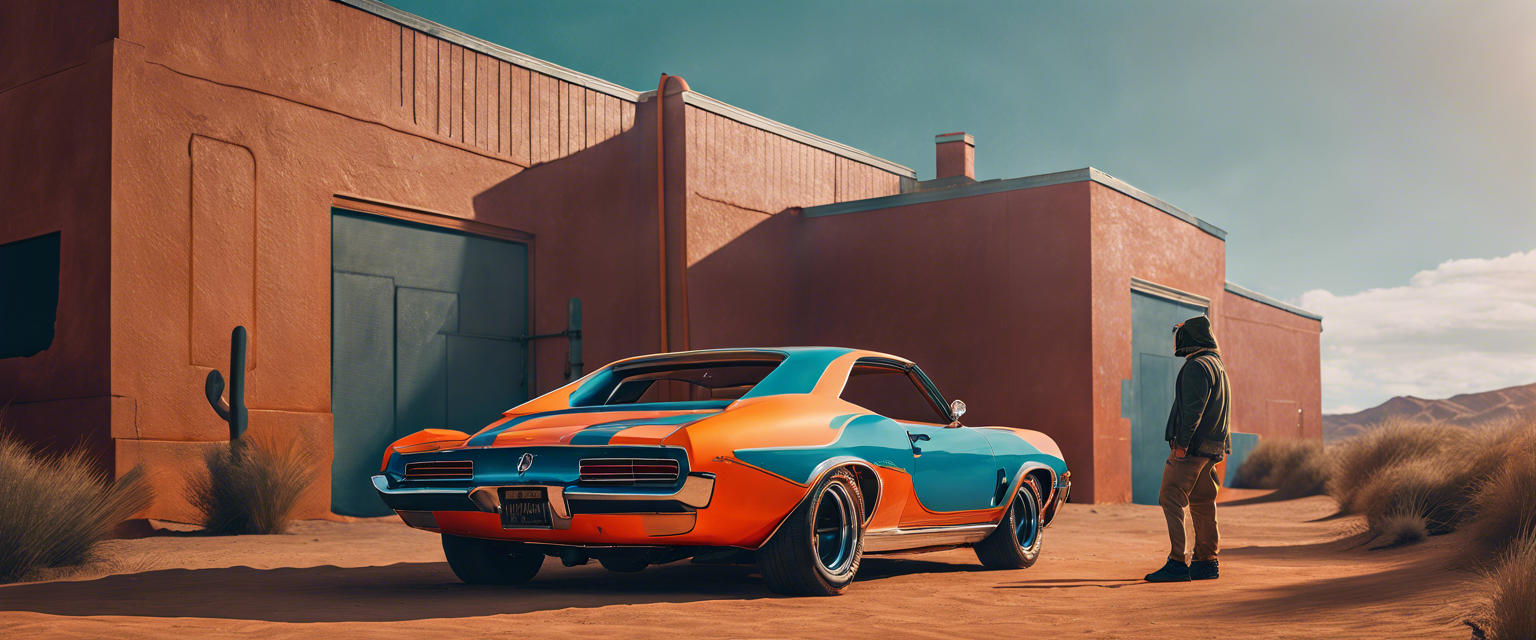Procreate's Staunch Rejection of Generative AI: A Win for Artists
In a significant declaration that has sparked discussions across the digital art community, Procreate, the leading iPad illustration app, has officially stated its opposition to the integration of generative AI technology. CEO James Cuda emphasized this stance in a video shared on the platform X, asserting, "We’re not going to be introducing any generative AI into our products." His sentiments resonate deeply with many artists who have voiced concern over the implications of generative AI on creativity and employment opportunities within the industry.
Concerns Over Generative AI in the Creative Industry
The backlash against generative AI from the creative community primarily stems from two critical concerns:
- Lack of Consent and Compensation: Artists worry that generative AI models are being trained on their work without permission or any financial reward.
- Threat to Employment: Many digital illustrators fear that the proliferation of AI tools will lead to diminished job prospects and a devaluation of their craft.
In light of these worries, some artists are gravitating towards traditional tools or platforms that do not incorporate generative AI, with notable mentions being Adobe Photoshop, which recently faced its own backlash.
Procreate’s Ethical Stance and Community Support
Procreate has articulated a strong rejection of generative AI, declaring, "Generative AI is ripping the humanity out of things. Built on a foundation of theft, the technology is steering us toward a barren future." This declaration was echoed on their website’s new AI section, affirming the company’s commitment to supporting human creativity over machine-generated art.
The announcement has been met with widespread approval from artists and users alike, contrasting sharply with the reactions faced by other illustration software like Clip Studio Paint, which recently abandoned plans to implement similar features after negative feedback. Furthermore, companies like Wacom and Wizards of the Coast have publicly apologized for employing AI-generated assets in their products amidst backlash from their user communities.
The Growing Rift Between Artists and Major Companies
Even industry giants like Adobe, which have attempted to navigate the ethical landscape of AI by stating that their Firefly models are trained on licensed or public domain content, find themselves criticized. Despite attempts to clarify that user content is not used for training AI, Adobe's reputation among independent creators has suffered due to past service updates perceived as detrimental to artists.
Why Procreate Remains a Favorite Among Creatives
Compared to other platforms, Procreate continues to thrive thanks to its user-friendly approach and a one-time purchase model priced at $12.99 USD. This contrasts with the subscription-based models adopted by competitors like Adobe and Clip Studio Paint. Furthermore, Procreate's expansion into animation tools and plans for desktop compatibility resonate with users who seek reliable alternatives in a rapidly changing landscape.
James Cuda concluded with a remark on the uncertain future of AI in the industry, stating, "We don’t exactly know where this story’s gonna go, or how it ends, but we believe that we’re on the right path to supporting human creativity." This commitment reassures users that Procreate prioritizes artistic integrity and community support over the allure of generative AI.
Final Thoughts
Procreate’s resolute position against generative AI reflects a growing desire among artists for platforms that respect their work and livelihood. As the discourse on the role of AI in creative fields evolves, users are encouraged to choose tools that align with their values and support genuine artistic expression.



Оставить комментарий
Все комментарии перед публикацией проверяются.
Этот веб-сайт защищается hCaptcha. Применяются Политика конфиденциальности и Условия использования hCaptcha.